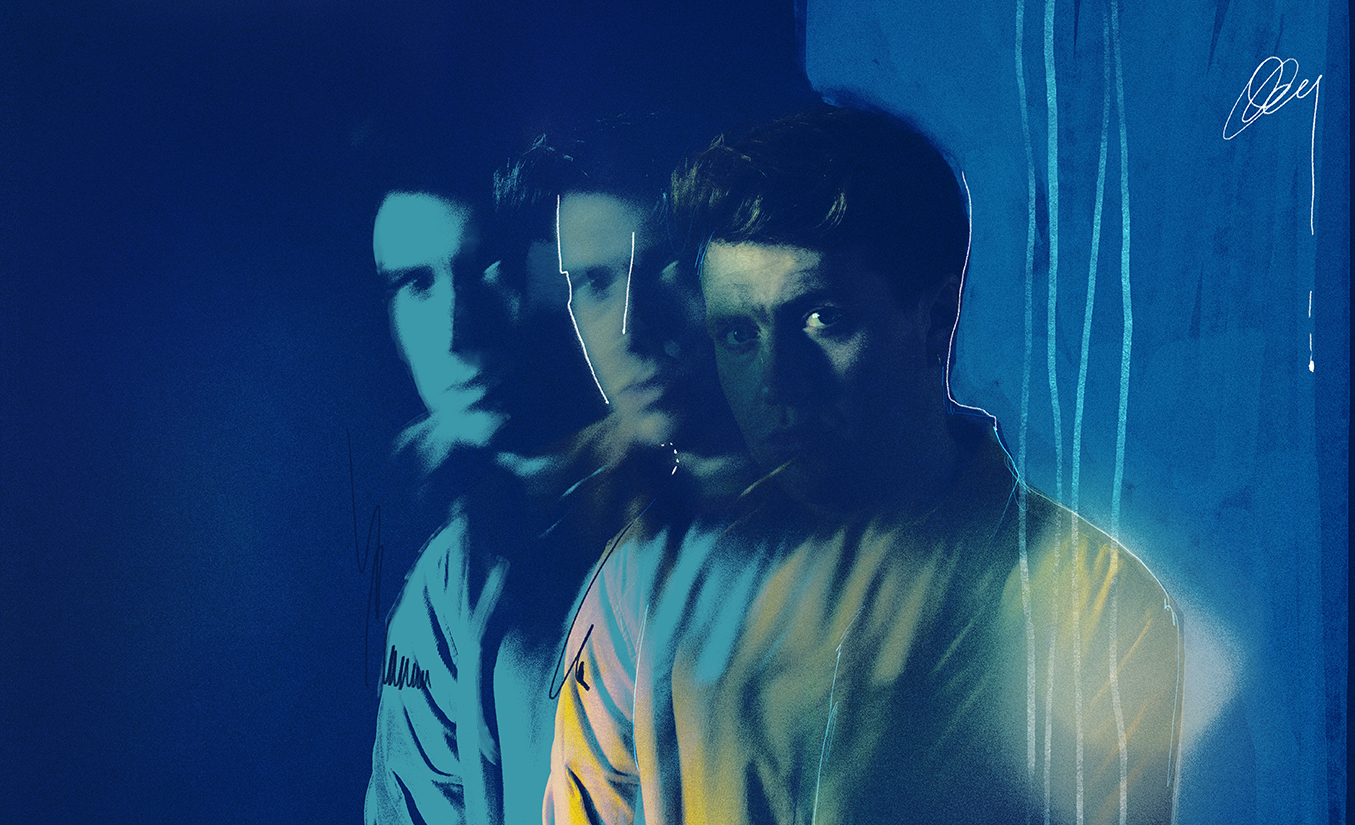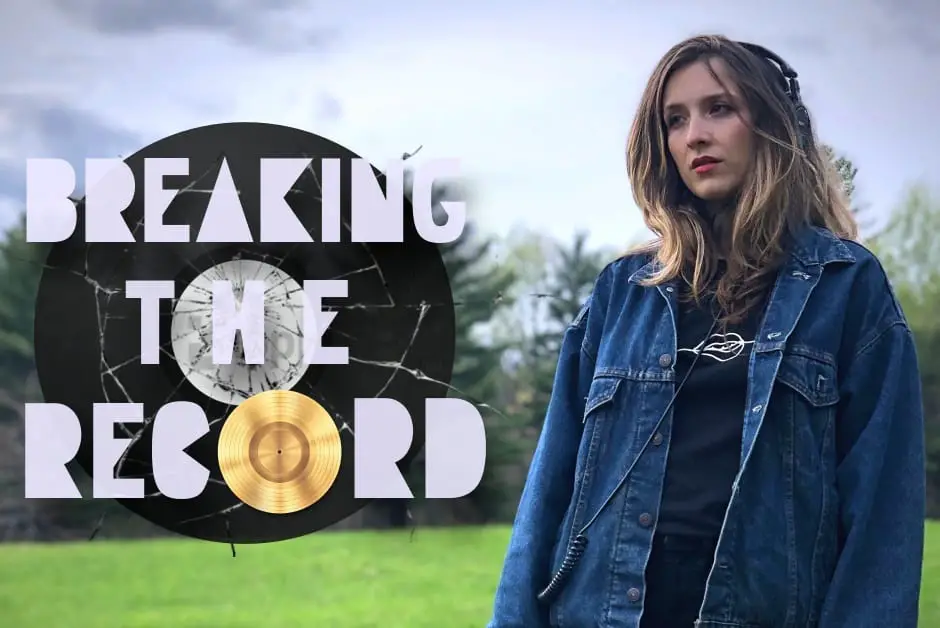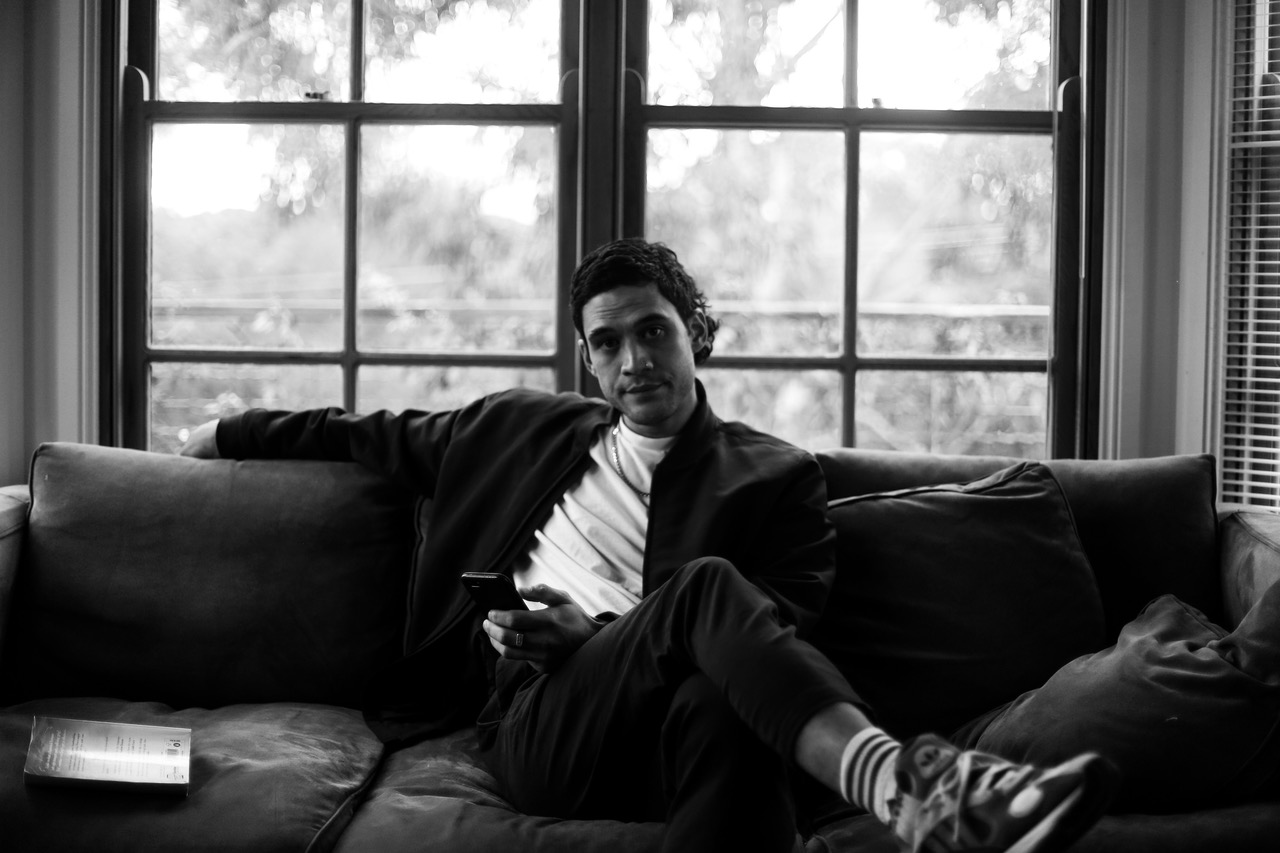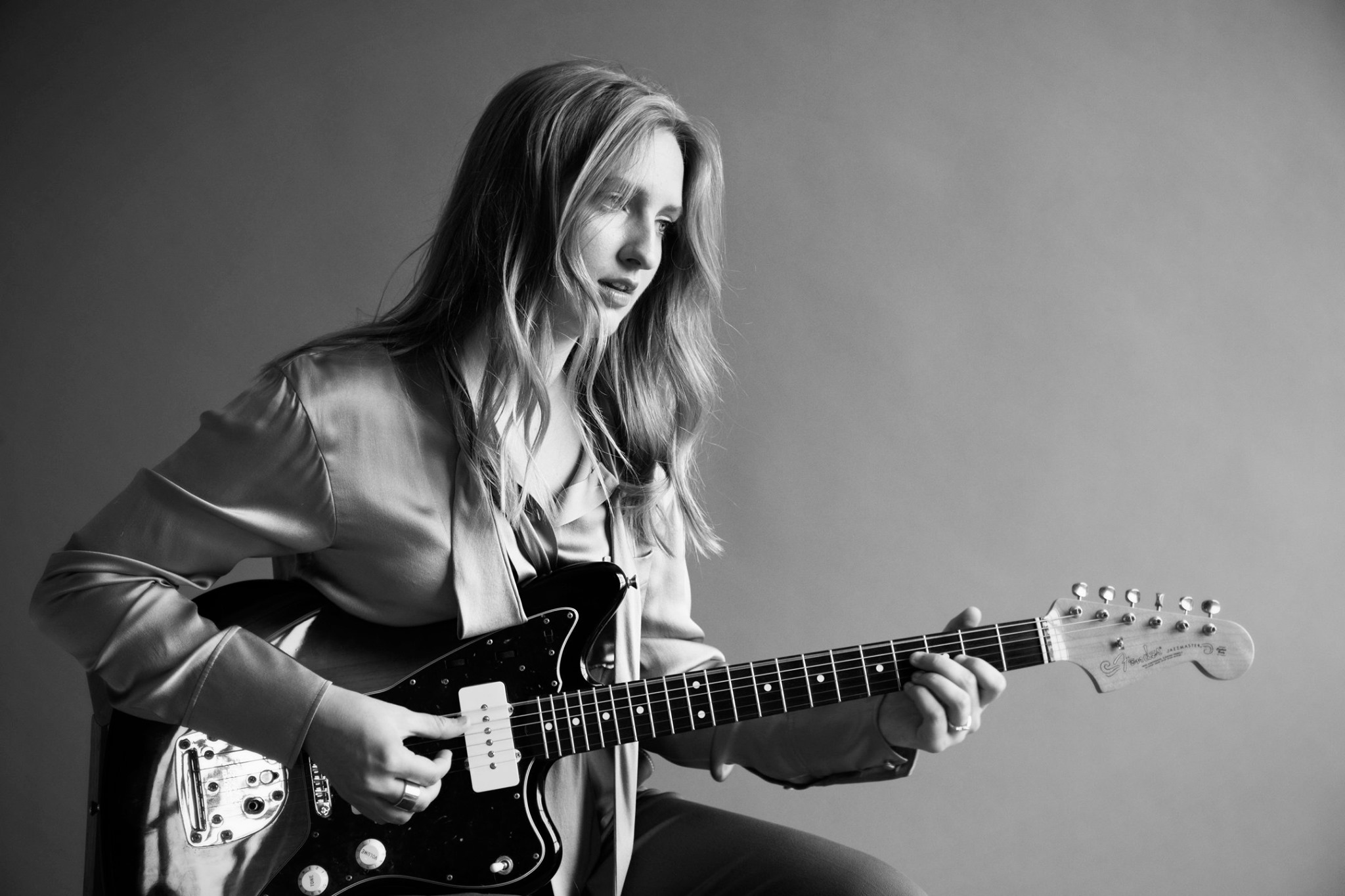After a three-decade hiatus, Billy Joel makes a graceful and welcome return to pop songwriting with his wistful new ballad, “Turn the Lights Back On.”
Stream: “Turn the Lights Back On” – Billy Joel
Billy Joel is a six-decade veteran of stage and studio.
Teenage session player, former Hassle and half of the prog rock duo Atilla, fugitive lounge player Bill Martin, Beach Boys opener, Philadelphia radio darling, boxing-gloved balladeer and chameleonic vocal and keys powerhouse, he’s done it all. He sat down to learn “Music Land” from the John Thomson piano book aged seven. Now, 5 Grammys and three decades after his final pop record and sixteen years since his one-off single All My Life, Joel returns to familiar territory on his new record, “Turn the Lights Back On.”
A ballad in C (“There are less keys in the way” – Joel, 1993), the song serves as an entreaty back into the world of pop, as if to say, “Would you still have me?”
I’m late, but I’m here right now
Though I used to be romantic
I forgot somehow
Time can make you blind
But I see you now
As we’re laying in the darkness
Did I wait too long
To turn the lights back on?
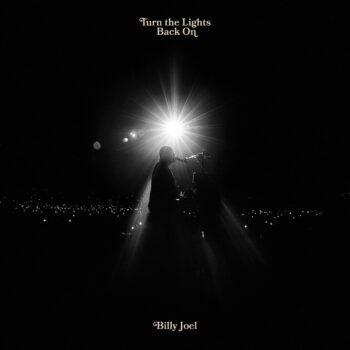
It is difficult to overstate how indelible Joel’s output was and is at his recording zenith, his albums replete with hit singles from cover to cover and melodies that permeate karaoke bars every night all over the world. Jittery tracks brimming with energy, from “Everybody Loves You Now” on Cold Spring Harbor to Glass Houses’ “All For Leyna”; melancholic meditations like “Summer Highland Falls” and “Honesty”; sweet and emotionally threadbare romantic classics, “Just the Way You Are” and “You’re My Home”; classic sonic novellas like “Piano Man” and “Scenes From an Italian Restaurant.”
Then, the ’80s and a tabloid romance with supermodel Christie Brinkley: ’50s throwbacks like “Uptown Girl” and “Tell Her About It,” MTV smash hits “We Didn’t Start the Fire” and “A Matter of Trust.” Joel eventually seemed to grow disenchanted with playing the game of popular music, and ended his 1993 record River of Dreams with the seemingly definitive “Famous Last Words”: “These are the last words I have to say before another age goes by, with all those other songs I’ll have to play, ain’t that the story of my life?”
In the Instagram teaser for “Turn the Lights Back On,” Joel flips past the sheet music for “Famous Last Words” to kick off a new chapter right where he left off.
Joel has kept busy in the decades since River of Dreams, entering the Rock and Roll Hall of Fame, composing a classical album performed by virtuoso pianist Richard Hyung-Ki Joo, and beginning a sold-out decade-long monthly residency at Madison Square Garden in 2013. He’s also a young father again, dressing up as Ken from Barbie for his young daughters Della and Remy. Aside from two compositions in 2007 – the Tony Bennett-esque “All My Life” and a single for Cass Dillon, “Christmas in Fallujah,” the only new Joel material in the last few decades was included in the outtake collection, My Lives. With nothing left to prove, it seemed the songwriting book was closed. Then a teaser materialized on TikTok for an impending Feb. 1 release.

The main impetus for the track is the stalwart efforts of producer and co-writer Freddy Wexler. An accomplished songwriter in his own right, penning songs for Celine Dion and Ariana Grande, Wexler set out on a mission to meet the man who spurred him to step behind a keyboard in the first place. Through a sort of artistic erosion, he eventually coaxed Billy Joel to revisit unfinished material from the ’90s; after working up the nerve, Wexler brought forth a new composition of his own (aided by Arthur Bacon and Wayne Hector) that he thought suited Joel’s current range and artistic sentiment. With typical Long Island candor, Joel replied, “Say, that’s not too bad!” Thus was borne only the second co-write in Joel’s recording career (Cyndi Lauper helped out with the lyrics on “Code of Silence” in 1987).
As Joel winds down his Garden residency and returns to the fray of lyrical composition, he does so with an unmistakable flair. The mid-tempo track has echoes of “She’s Always a Woman” from the vantage point of a septuagenarian. Joel is in good voice and draws from the tried and true bag of songwriting tricks he perfected in the 70s, with a more modern sonic palette. Instrumentally, the track is sparse, with little accompaniment save for a smattering of strings and drums (and the occasional timpani flair). Eschewing the bombast that Joel strove for on his 70s “mini-suites” (see “Scenes from an Italian Restaurant,” “Miami 2017”), here Joel and Wexler’s lyrics are direct and cutting.
Here, stuck on a hill
Outsiders inside the homе that we built
The cold settles in
It’s been a long winter of indifference
And maybe you love me, maybe you don’t
Maybe you’ll learn to and maybe you won’t
You’ve had enough, but I won’t give up
On you
The disenchantment of a former lover serves as a stand-in for Joel’s fallout with his own muse. He’s described how arduous songwriting became for him by the early ‘90s, as he felt compelled to compete with the Angry Young Man who hammered out pop perfection in the mid-70s. In hearing Wexler’s initial ideas, Joel seemed to latch onto the themes initially presented by Wexler and co. and applied a few brushstrokes of hard-earned hindsight to flesh out his meditations. It is fitting that the narrator of “Summer Highland Falls” has aged into this role and hasn’t gone changing to try and please us.

It’s been a big week for Billy Joel.
He features in the sprawling new Netflix doc “The Greatest Night in Pop,” recalling the composition and recording of “We Are The World” at A&M studios in Los Angeles. He hit the East Coast radio circuit to promote the new record, telling Q 104.3 “look, it’s not a cure for cancer, it’s a new song” before the track made its on-air debut.
And, on a seismic star-studded Grammys night that featured, among other things, Tracy Chapman’s long-awaited return to live televised performance, the announcement of a new Taylor Swift album, and Joni Mitchell’s first performance in the ceremony’s history, Billy Joel was saved for the closing act.

Clad in a variation of his 1980s stagewear, shades and a leather jacket ensemble, Joel’s voice remained powerful as he led a string ensemble that included first-time Grammy winner Laufey on cello. As the credits rolled, Joel’s stalwart touring band ripped through “You May Be Right” and echoed the light switch imagery on the new single:
“Turn out the light
Don’t try to save me
You may be wrong for all I know
You may be right.”
Fortunately, Wexler was right in thinking what many have known for decades: Billy’s still got it.
— —
:: stream/purchase Turn the Lights Back On here ::
:: connect with Billy Joel here ::
Stream: “Turn the Lights Back On” – Billy Joel
— — — —
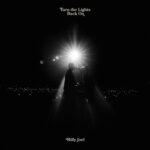
Connect to Billy Joel on
Facebook, Twitter, TikTok, Instagram
Discover new music on Atwood Magazine
© Aidan Moyer
:: Stream Billy Joel ::

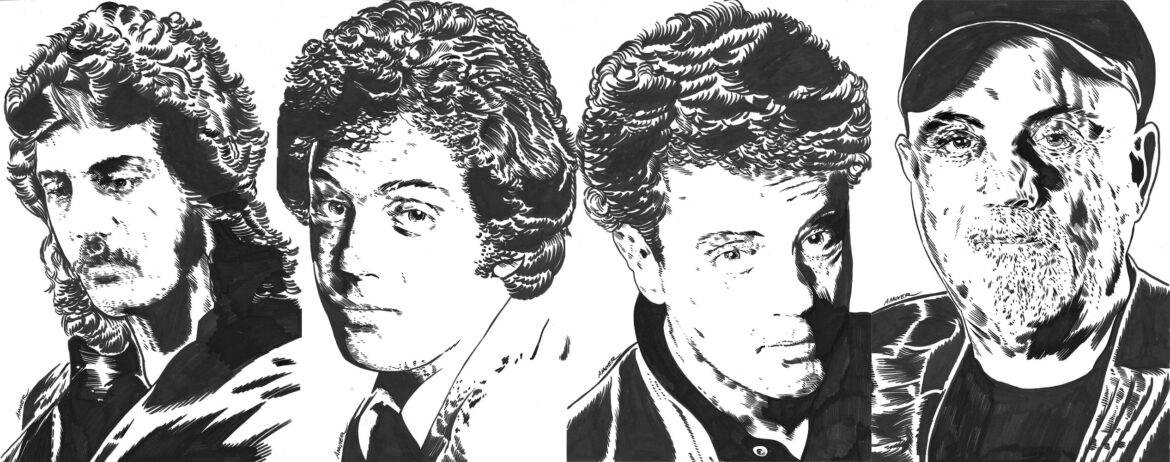
 © Aidan Moyer
© Aidan Moyer
